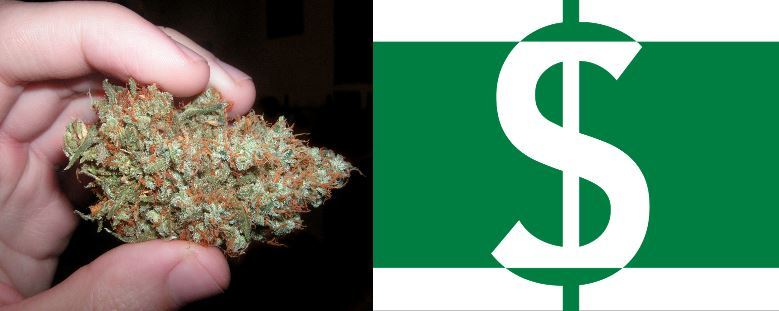Rosemary McLeod: Money will decide legal marijuana debate
 Stuff co.nz 13 July 2017
Stuff co.nz 13 July 2017
Family First Comment: Some great one-liners in this article…
“Once marijuana was a boring illegal drug it was daring to smoke, but today it’s a miracle painkiller, with heaps of previously unknown medicinal properties, so far unproven. What the heck, placebo or not there are fortunes to be made….
“Next week, or sometime soon, we’ll be toking weed for our headaches and head colds, arthritis, and hangovers, though there’s no scientific proof as yet that it really works. And there will be no downside. It will be so cool….
“Underpinning such experiments around the world is a belief that criminal gangs will quietly accept losing their markets, and give up illegal dealing. There’s a fantasy for you….
“It is a well-intentioned fallacy that drug users want “help”. What they want is supply, and they’ll pretend to want help to get it. Others will on-sell their ration, probably to under 18s, to help fund their harder drug use. We live in the real world. I think…
Saynopetodope.org.nz
OPINION: Time changes lots of things, especially laws. Being drunk in public is no longer an offence, for example, as any night on the town reveals. Once marijuana was a boring illegal drug it was daring to smoke, but today it’s a miracle painkiller, with heaps of previously unknown medicinal properties, so far unproven. What the heck, placebo or not there are fortunes to be made.
Money will decide the issue. If we can sacrifice the iconic Mackenzie Country for more cows, and give our water to foreigners to sell, legalising cannabis is another business opportunity. Sick people begging for dope from the doctor have triumphed. Next week, or sometime soon, we’ll be toking weed for our headaches and head colds, arthritis, and hangovers, though there’s no scientific proof as yet that it really works. And there will be no downside. It will be so cool.
Not since opium, the Victorians’ drug of choice, has a drug been so innocent. Never have users felt so virtuous. On a more practical level, “We need to stop seeing it as a drug and start seeing it as an industry,” a cannabis club operator from Uruguay tells us. In a few weeks’ time Uruguayans will be able to buy a set monthly amount of cannabis from the chemist for a set price, no questions asked. The true cost will be bureaucracy prescribing the genetic makeup of cannabis plants and the percentage of psychoactive compounds in their flowers. Oh, and keeping track of users to make sure they don’t overdo it. Hopefully.
Commercial branding and advertising of the product is banned in Uruguay, unlike the United States. Because the drug can be addictive, public health official Julio Calzada explains, the state wants to control its production, distribution and consumption. Anyone buying their ration from a chemist will have to put their thumb into a scanner, be on a national register, and be over 18. People will also be able to grow enough cannabis for personal use if that option is off-putting. My guess is they’ll do both.
Underpinning such experiments around the world is a belief that criminal gangs will quietly accept losing their markets, and give up illegal dealing. There’s a fantasy for you. They’ve already made the smart move into supplying far stronger and more addictive drugs, like methamphetamine, the drug of choice for determined drug users here.
Something like the Uruguay experiment has been suggested for this country, with the interesting selling point that officials would keep an eye on registered druggies’ consumption, and step in to offer them “help” if they start exceeding the recommended, random dose.
It is a well-intentioned fallacy that drug users want “help”. What they want is supply, and they’ll pretend to want help to get it. Others will on-sell their ration, probably to under 18s, to help fund their harder drug use. We live in the real world. I think. While the new, respectable dope dealers will wear suits and have private school accents, gangs will carry on doing what gangs do.
Yet, “It’s a chance to bring in people who have worked in a clandestine environment. That would be a benefit to society,” says Dr Chris Wilkins of Massey University, head researcher of drug research centre SHORE, and I don’t even think he’s joking.
READ MORE: http://www.stuff.co.nz/national/politics/opinion/94615996/rosemary-mcleod-money-will-decide-legal-marijuana-debate






